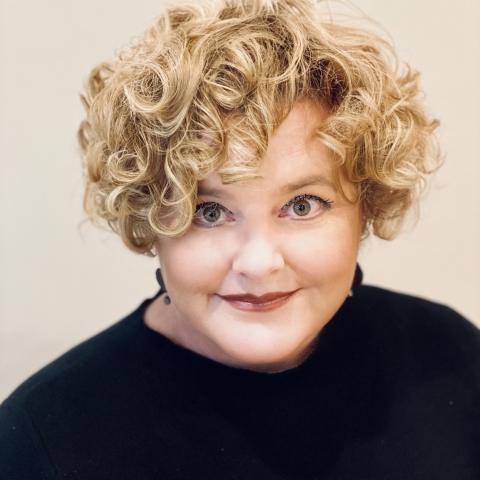As we at the National Institute of Nursing Research (NINR) launch our 2022-2026 Strategic Plan, the United States celebrates National Nurses Week. We are also reflecting on the past two years since a near-worldwide lockdown signaled the beginning of the impacts of the COVID-19 pandemic on our daily lives. The pandemic has renewed the spotlight on nurses as indispensable members of the health workforce and has also brought into sharp relief underlying inequities that contribute to health disparities. Consider that non-Hispanic Black, Hispanic, and American Indian/Alaska Native people are 1.7-2.1 times more likely to die of COVID-19 than non-Hispanic White people. [CDC] Nurses have witnessed firsthand these harsh realities and have been instrumental in responding as the pandemic evolves.
Under the mounting pressure of historic and contemporary racism and discrimination-now coupled with the deadly and enduring global pandemic-leaders and policymakers increasingly seek upstream solutions informed by the scientific community that enhance downstream impacts on the health of our Nation. Spearheading these efforts are dedicated scientists and advocates who recognize that persistent health disparities are a primary barrier to equity and justice for every person living in the United States. The public, understandably, has demanded change. And NINR has answered with a Strategic Plan that boldly communicates our discipline’s imperative to ensure that all people have the opportunity-and ability-to achieve optimal health, well-being, and quality of life.
The National Academy of Medicine’s recent report, The Future of Nursing 2020-2030: Charting a Path to Achieve Health Equity, further reinforces the role of nursing in addressing systemic racism and other social factors that shape health outcomes and advancing health equity. Nurses are everywhere: in our hospitals and clinics, in our schools and workplaces, in homes and justice settings, and throughout our communities. We approach prevention, treatment, and care holistically, focusing on the person in the context of their lives and the conditions in which they are born, live, work, play, and age. And the scope of our discipline and practice extends from improving the health of individuals to that of entire populations. It’s our unique perspective that forms the foundation of nursing research and what we do at NINR, and makes our scientific discipline so well positioned to lead through innovations and discoveries that span multiple levels and across sectors to optimize health for all.
I am honored to serve as Director of an Institute with a longstanding commitment to optimizing health and advancing health equity, with a third of our funding already allocated to research targeted towards eliminating health disparities. Our new Strategic Plan reflects this commitment and our responsibility as stewards of public funds to support the strongest, highest-impact science with the greatest potential to solve our most pressing health challenges.
The plan is informed by the views of the nursing research community, expressed through extensive public engagement in the development process. As a living document, the plan will empower NINR to respond to emerging health challenges. Although the COVID-19 pandemic may be our most pressing current challenge, it is far from the only one. And it will not be the only time we are faced with a national health crisis of this magnitude. Our Strategic Plan will ensure that we are ready to respond accordingly.
I and my NINR colleagues are excited and proud to share this vision with the NIH, the Nation, and the global community.







